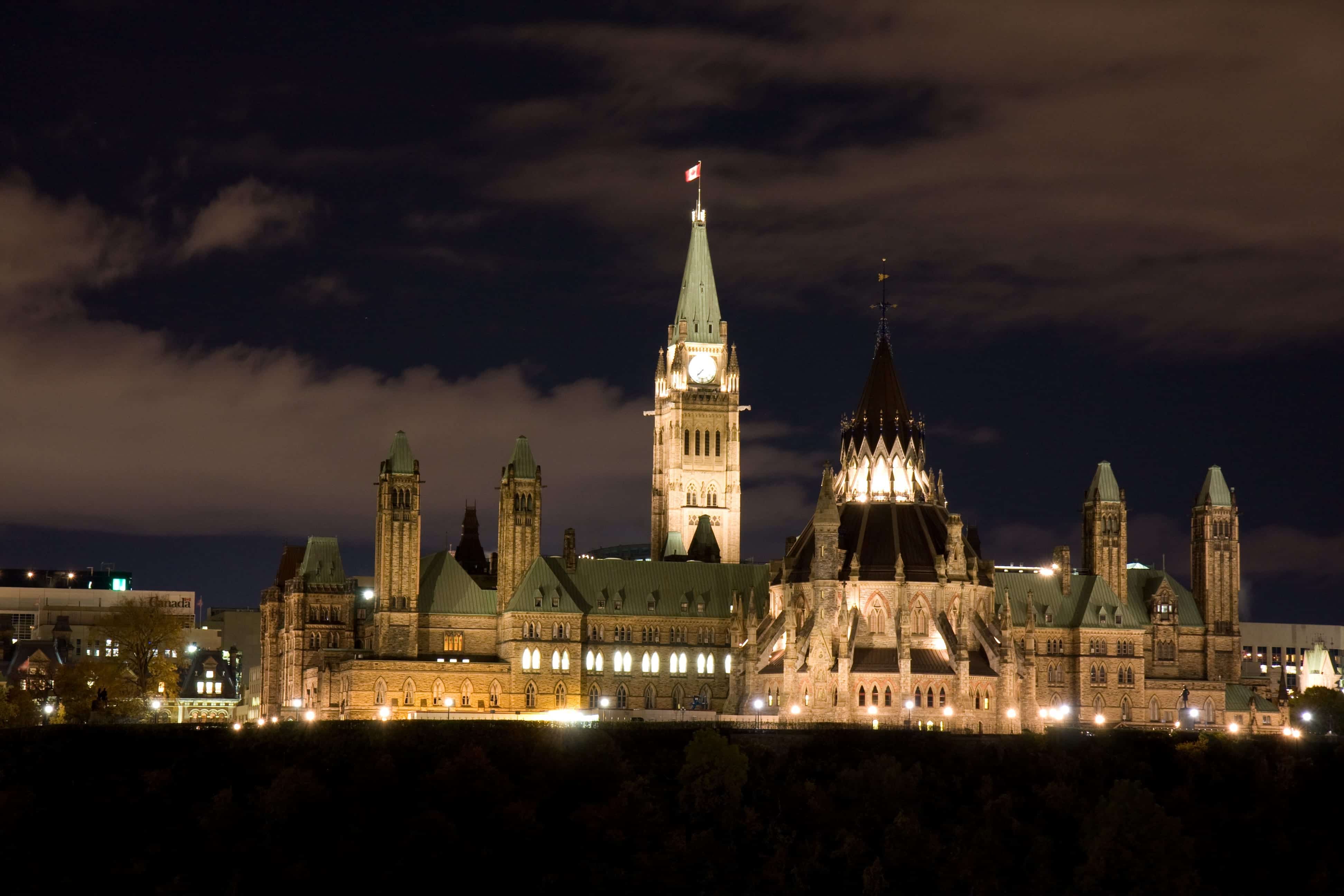January celebrations around the world

Here are some holidays you may not know about!
Welcome back, friends! I hope you enjoyed your December holidays with those you care about. While late December to early January is often considered to be ‘the Christmas season,’ there are a lot more holidays and events that are celebrated around the world in that same time period. While not a comprehensive list, here are some traditions from around the world.
Kagami-biraki
Kagami-biraki is a ceremony originating in Japan that takes place on January 11. At the ceremony, each person has something called kagami mochi which is two different sized mochi, the smaller one on top of the bigger one, and a Japanese orange called a daidai on top of the two mochi. During the ceremony, the mochi gets broken until it’s in small pieces and then it gets eaten. Kagami-biraki is specifically very important for martial arts dojos in Japan and is a signifier of the first practice in the new year.
Timkat
An Ethiopian celebration is Timkat, which is celebrated by Eritreans. Timkat takes place on January 19 and acts as a celebration of Jesus’ baptism in the Jordan River. During Timkat, they recreate Jesus’ baptism, along with hosting a festival.
During the festival on the first day, a priest blesses the water and people gather by the water to watch it. On the second day, there is a march in the streets of people wearing the colors of the Ethiopian flag. The final day, the Tabots, models of the Ark of the Covenant which are used for many occasions during Timkat are returned to their churches.
Kwanzaa
Kwanzaa was celebrated this year from December 26 to January 1. Each of the seven days of Kwanzaa is a dedication to something different. The first day focuses on unity. The second focuses on self-determination. The third is about responsibility and working to support the community. The fourth day is about economics and working together to help local businesses profit. The fifth is about purpose. The sixth is for creativity. The seventh and final day is about faith.
On the sixth day, there is a festival called Karamu Ya Imani, which traditionally takes place on New Year’s Eve. During Kwanzaa, homes are decorated with cloth and fresh fruit.
Ganna
Ganna, or Genna, is a holiday celebrated on January 7 and is also commonly known as Ethiopian Christmas. Leading up to Ganna, Orthodox Ethiopians participate in Tsome Nebiyat, which is a 40-day fast before their Christmas Eve. On the night of Christmas Eve, they go to a mass that starts at 6 p.m. and ends at 3 a.m. During this service a candle is given to everyone, then the congregation walks around the church three times before making a circle where Communion is served in the middle.
Handsel Day
Handsel Monday is a Scottish traditional holiday that takes place on the first Monday in January, which was January 1 this year. Handsel is a Saxon word that means “to deliver into the hand.” For Handsel Monday, playing off the definition of the word, small gifts are given to people you know.
Hogmanay
The Scots also celebrate a holiday called Hogmanay, which is their New Year’s celebration. One of the customs for Hogmanay is first-footing, where someone enters your home with a gift as a sign of good luck to the household. A common first-footing gift is a type of dark rye bread called black bun.









